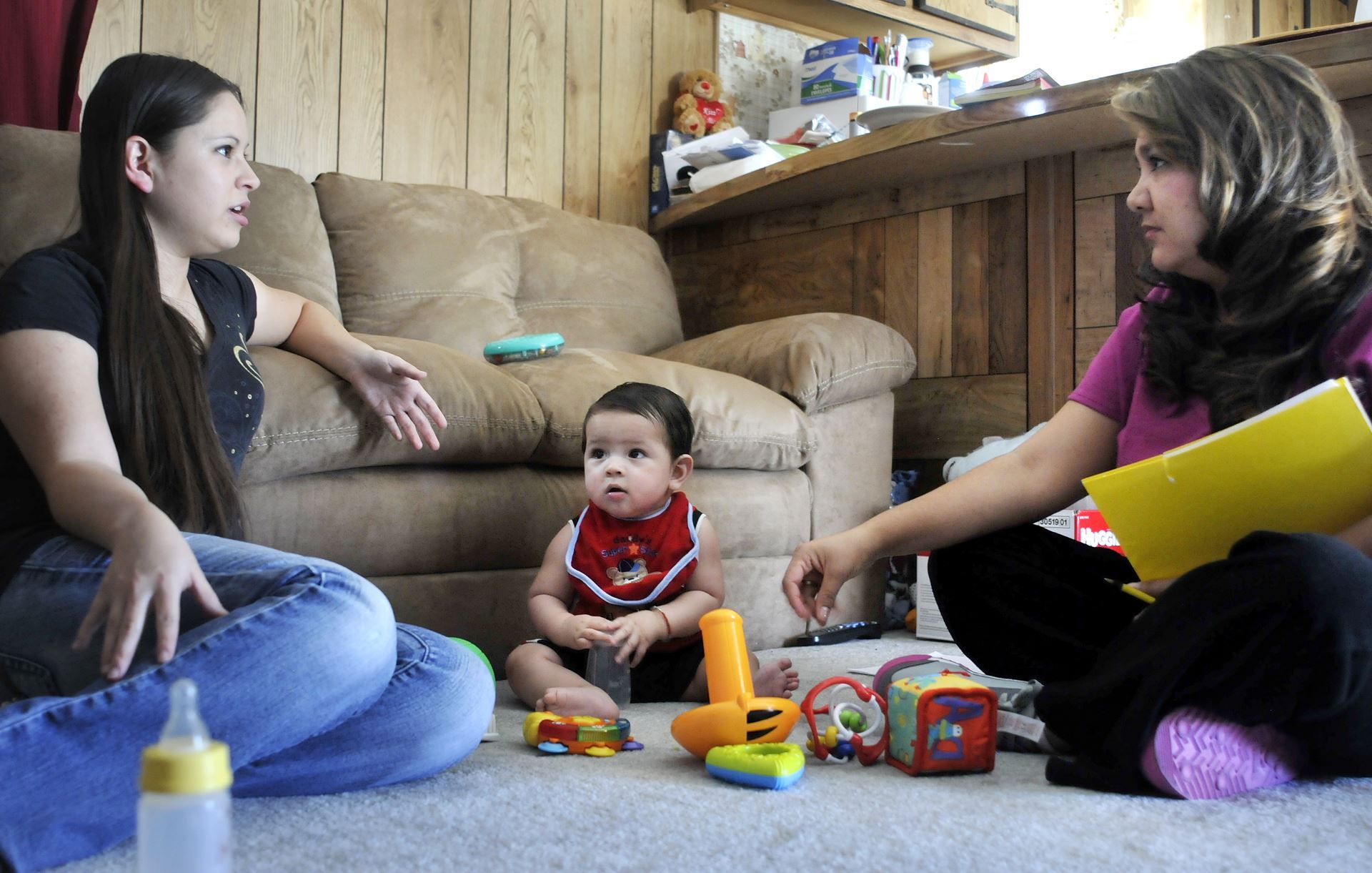%20-%20%202.png)
| illinois Developmental
|
What is a Developmental Therapist? |
How a child grows and changes from birth to 3 years of age is the most dramatic process in human development. It is impacted by biological and environmental factors as well as the overlapping effects of these two. The role of the Developmental Therapist is to understand the complex nature of the many forces that influence child development as that development progresses through natural changes over the 0-3 year period. The Developmental Therapist is able to recognize deviance from that progression in any area of development. They comprehend the developmental importance of the everyday experiences young children have with their caregivers and the influence those relationships have on their ability to broaden their skills in the areas of problem-solving, communication, physical development, self-help, self-control and relationship building. A Developmental Therapist assists a family in minimizing a child's functional limitations by designing, implementing, and modifying therapeutic interventions for their child within the context of everyday activities. The Developmental Therapist also offers consultation to other therapists and professionals on confounding developmental influences affecting each area of expertise and developmentally appropriate practices for children from birth to three years. |
What Does a Developmental Therapist Do? |
|
|
The Developmental Therapist is obligated to keep pace with rapid advances in research impacting child well-being and development and incorporate the findings into functional applications to help children with disabilities and delays to improve their quality of life at home and in the community. |
